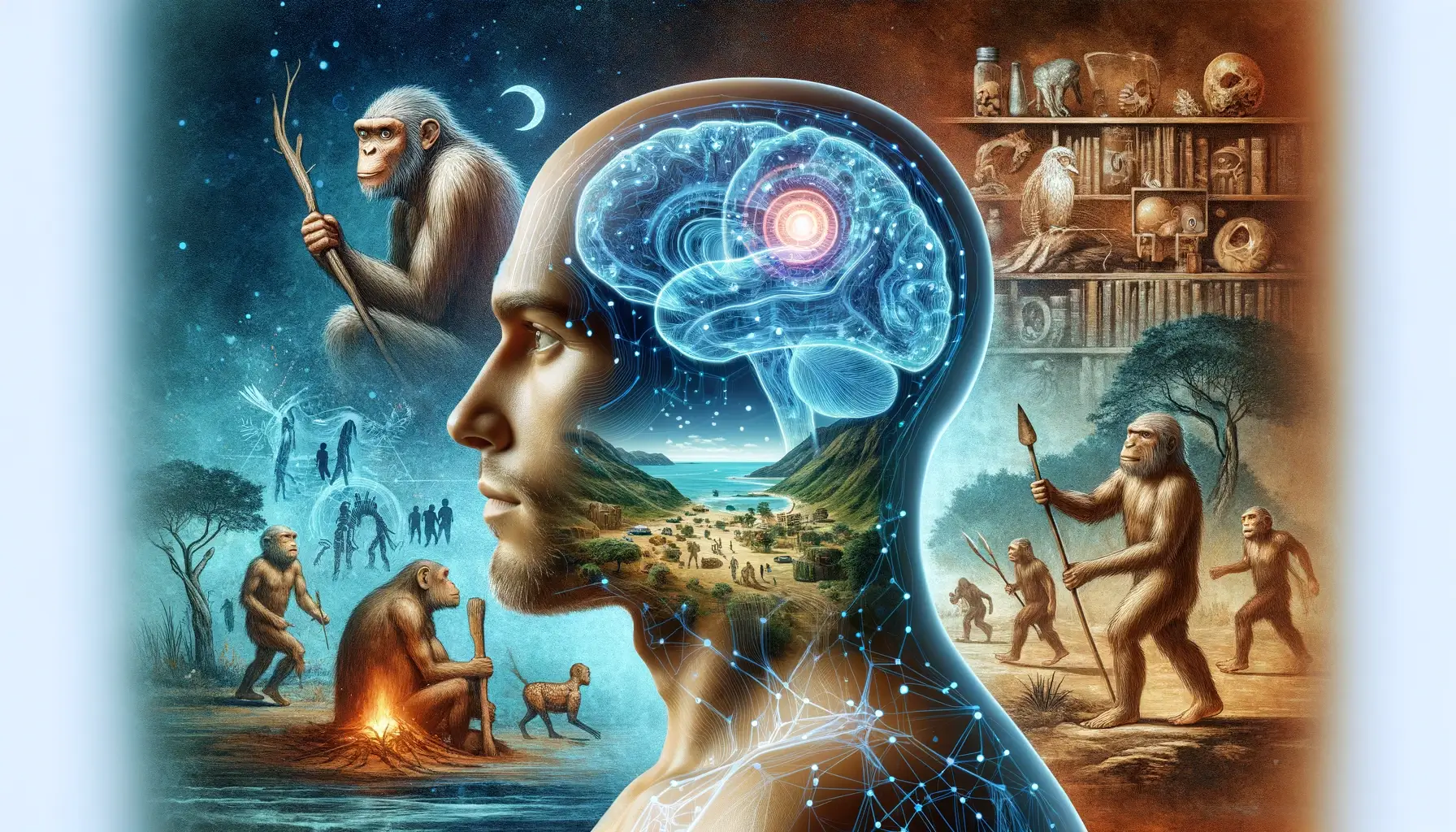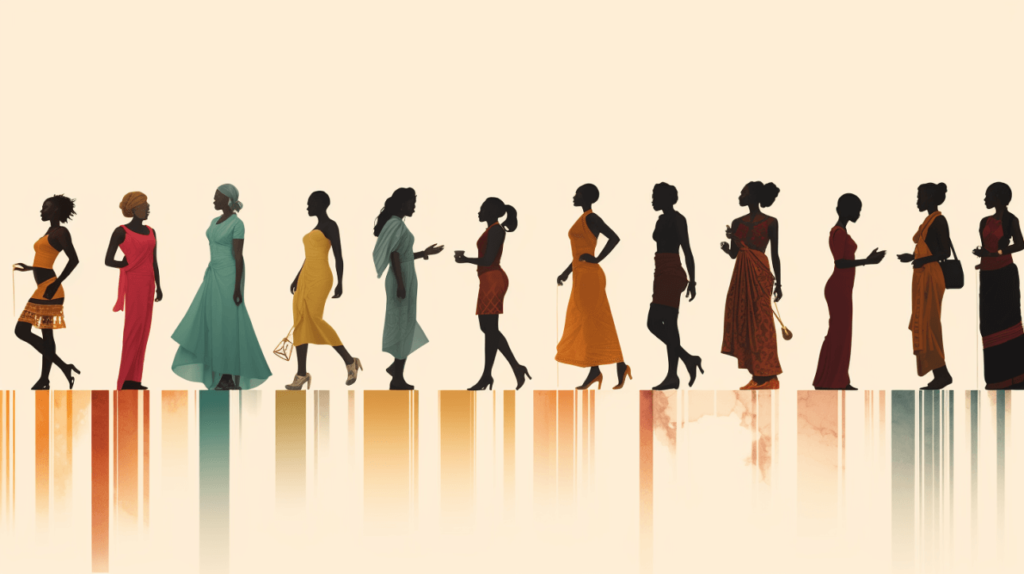Science
The Monk Who Saw the Future: Did an 11th-Century Benedictine Beat Astronomers?
17 February 2026

Understanding human behavior can prove quite a challenge. Evolutionary psychology postulates that at least some comprehension can be acquired by looking back at the ancient history of our species. Is this true?
Before delving into a discussion on evolutionary psychology, we first need to clear up a misconception—the theory of evolution does not claim that people strive for maximal reproduction of their genes. If you ask a random person on the street about their current preoccupation, they might mention being involved in game development, teaching their dog a new trick, or making plans for the weekend. Others might mention their dedication to greater causes, such as job hunting, or perhaps helping refugees. No one will say they want to pass on their genes (this has been confirmed over the years in different studies). The obvious reason for this is that people can’t trace the flow of their genes during their lifetime, so it’s kind of hard to strive for something when you can’t see its effects. That’s why folks are more likely to aim for something like “making it to the top of a social hierarchy.” It’s a tangible goal, and in the past it quite possibly led to increasing one’s chance of reproduction, Which might explain why it remains one of the main ambitions of contemporary humans.
Theory of evolution posits that changes in the brain activity patterns occur over long periods, they might require passing of generations. The people of today are “designed” for living in an environment from thousands of years ago as their nervous system was developed at that time. This phenomenon is called evolutionary lag. Here’s an example: our craving for fatty and high-caloric foods. While such inclinations contribute to cardiovascular diseases today, in the past, when hunger was ever-present, they were beneficial.
Another confirmation of the evolutionary lag is found in the savanna hypothesis. People inhabiting different continents (Australia, North America, and South America) tend to prefer trees that have a moderately dense canopy and trunks that bifurcate near the ground. Such trees are found in savanna, which is believed to be the place where human species originate from. Evolutionary past affects our behavior in many other areas, especially when it comes to partner selection—after all, it was (and still is) one of the most important tasks of human life.

Humans engage in sexual reproduction, which means partners are selected on the basis of specific, sought after traits, which differ between sexes.
Women invest a lot more into parenthood than men, and this plays a major role in selecting a potential partner. Sexual intercourse requires relatively little effort from men, while in the case of women it can lead to a 9-month-long pregnancy that consumes a lot of energy and makes it almost impossible to find a new mate during that time. Once the baby is born, it requires breastfeeding, which also can take up to a couple of years. As a consequence, women prefer men who have the financial resources, and are able to invest them.
Speaking of financials, a study analyzing 1,111 singles ads from the United States found that women value material resources 11 times more than men do. Another survey confirmed these observations in locations from all over the world, including countries where polygamy is legal, e.g., Zambia, or Nigeria. Participants were to sort 18 traits of a potential partner. Women rated material resources twice as high as men did.
However, women place importance also on other characteristics. An ideal partner should not only have the means to invest in progeny, but also be willing to do it. That’s why women cherish responsible and faithful men. The kind of men who are best suited for fatherhood.

For men, a key priority in selecting a female partner is high fertility to ensure the possibility of having numerous offspring in the future. A primary indicator of a woman’s fertility is age. Men set their preferences accordingly and choose a wife younger than themselves. The preferred age gap can vary geographically; for instance, in Scandinavian countries, it’s typically between 1 and 2 years, while in Nigeria and Zambia, it ranges between 6.5 and 7.5 years, respectively.
A woman’s fertility potential is also reflected in her physical appearance, and beauty standards are surprisingly universal across cultures. One study, which involved rating photographs, discovered that men consistently agree on what constitutes attractiveness, regardless of their race. Symmetrical and average faces are deemed most attractive, likely because facial asymmetry is often linked to health issues or parasitic infections—factors our ancestors tried to avoid.
While beauty standards regarding body shape can vary among cultures—with thinness idolized in some and voluptuousness in others—a quality that seems to be favored in all cases is the waist-to-hip ratio (WHR). The lower it is, the more attractive the figure is for men. This preference also has evolutionary roots—women with lower WHR tend to reach pubescence sooner, and married women with higher WHR find it more difficult to become pregnant.
Besides looking for specific physical characteristics, men expect their spouse to be faithful. This approach addresses the problem of “paternity uncertainty.” When a child is born, there is never any doubt as to who their mother is, but Stone Age men couldn’t be sure they were raising their biological offspring. This evolutionary concern still resonates in modern society. A cheated-on man is often an object of ridicule and referred to as “a cuckold.” On the other hand, very promiscuous women are frequently strongly stigmatized.
Attitudes towards infidelity vary between the sexes, which is also grounded in our evolutionary past. In one survey, participants were asked which type of infidelity—sexual or emotional—would be a reason enough to break off a relationship. About half of the respondents maintained that both were enough. Next, they were asked to limit their answer to just one option, and here the difference between men and women became apparent. Men were more likely to pick sexual infidelity over emotional infidelity. It was the other way round for women. In the case of men, there are no surprises here—paternity uncertainty drives their answers—but what about women? For them, a partner emotionally engaged in an affair with another woman is a source of great concern. A cheating man might want to collect his resources and transfer them into the other relationship.
Evolutionary psychology shows other ways in which conditions found in the days of old continue to influence present human behavior. It’s impossible to describe them all given the vastness of our evolutionary history, spanning thousands—if not millions—of years. Makes you wonder what else lingers in our heads, doesn’t it?
Translated by Przemysław Kołodziej
Read more on Holistc News
Science
17 February 2026



Zmień tryb na ciemny